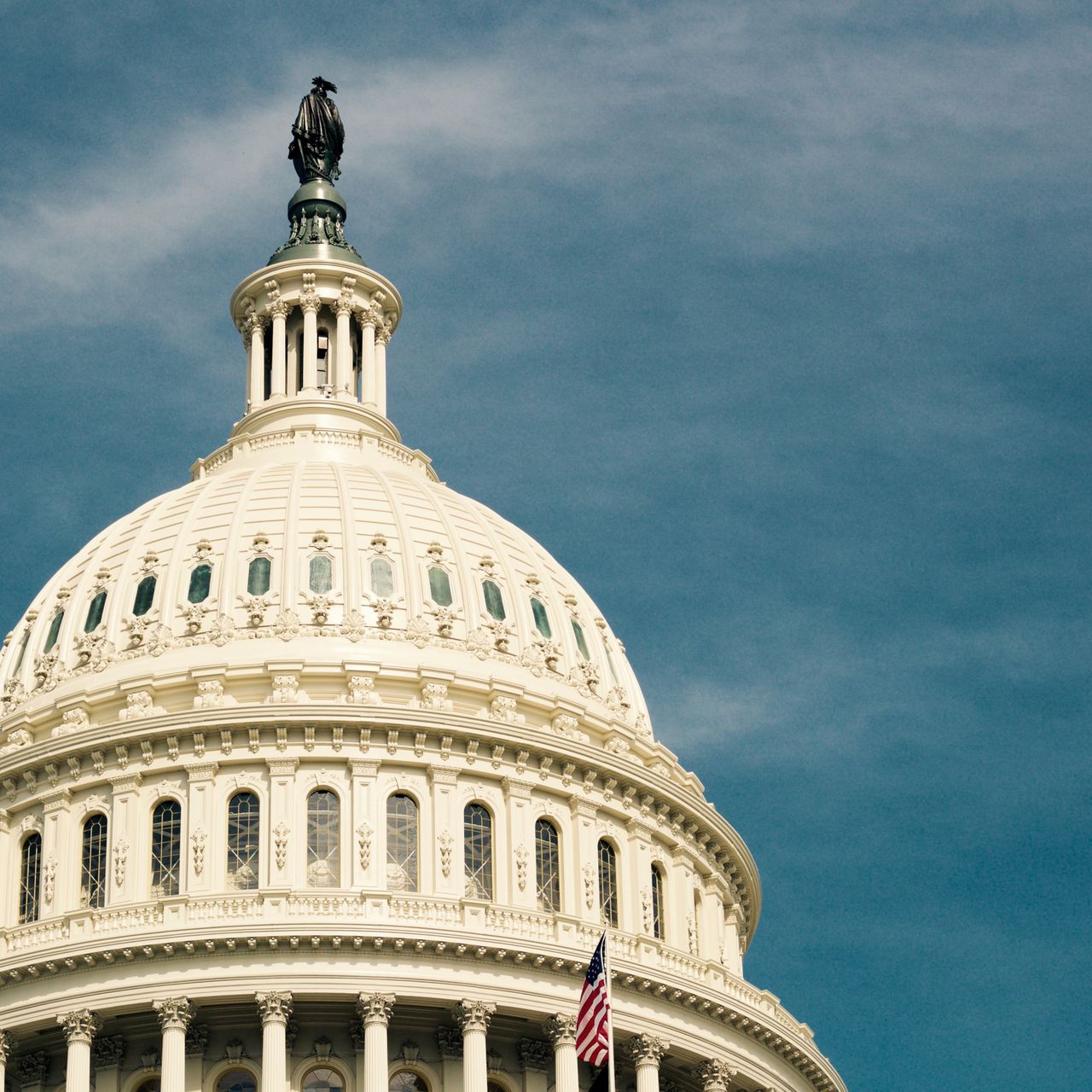Companion resolutions, introduced in both houses of Congress under the Congressional Review Act (CRA), aim to block a mandate issued by the Occupational Safety and Health Administration that directs large employers to require employees to get vaccinated against COVID-19 or to submit to regular testing and face covering.
Representative Fred Keller (R-Penn.) sponsored the resolution in the U.S. House on Nov. 17. The House resolution had 206 cosponsors, all from the Republican Party, as of Dec. 3.
On the other side of Capitol Hill, Senator Mike Braun (R-Ind.) introduced an identical resolution, also on Nov. 17. The Senate resolution had 50 cosponsors, including all of the senators from the Republican Party and Sen. Joe Manchin (D-W.Va.), as of Dec. 3.
The Congressional Review Act is a federal law passed in 1996 that creates a 60 day review period during which Congress, by passing a joint resolution of disapproval later signed by the president, can overturn a new federal agency rule. Both houses of Congress have to pass a resolution disapproving of the OSHA mandate and President Biden would then have to sign that resolution into law to block the mandate.
Since the law’s creation in 1996, Congress has used the CRA to repeal 20 rules published in the Federal Register. Before 2017, Congress had used the CRA successfully one time, to overturn a rule on ergonomics in the workplace in 2001. In the first four months of his administration, President Donald Trump (R) signed 14 CRA resolutions from Congress undoing a variety of rules issued near the end of Barack Obama’s (D) presidency.
Congress ultimately repealed 16 rules in total using the CRA during the Trump administration and repealed 3 more at the beginning of the Biden administration.
Additional reading:


